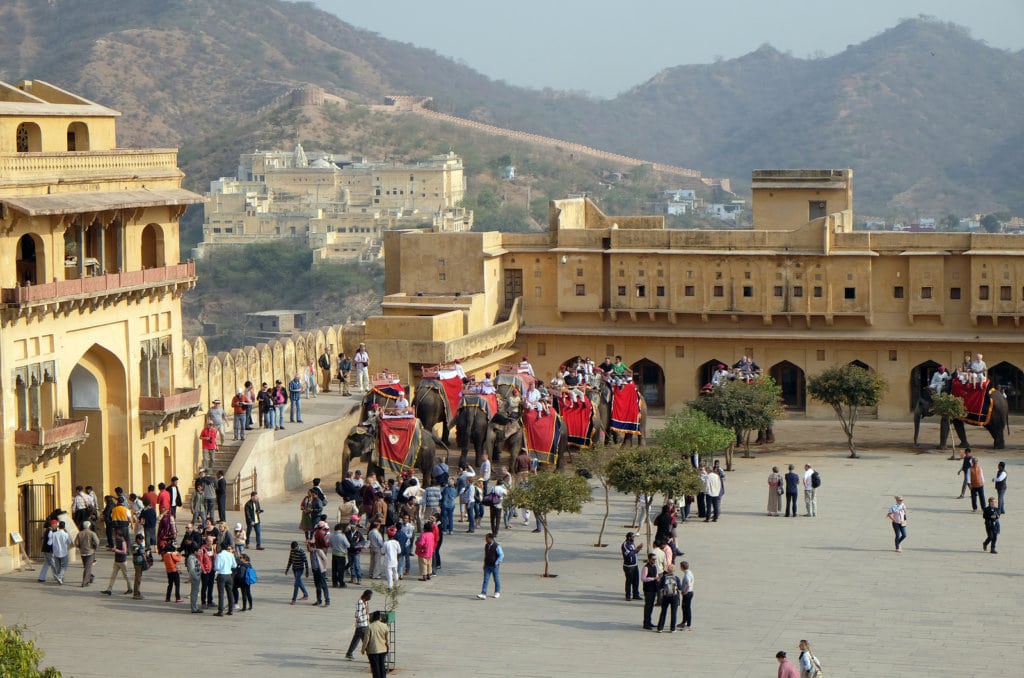India will establish itself as the third largest travel and tourism (T&T) economy in the world by 2028, both in terms of direct and total gross domestic product, according to a report released by the World Travel and Tourism Council (WTTC) on March 22.
India will follow China and the United States, the report said. South Asia is expected to be the fastest-growing world region over the next 10 years, with average annual direct T&T gross domestic product (GDP) growth of 6.9 per cent forecast, driven principally by a strong 7.1 per cent growth in India, revealed the report titled “Global Economic Impact & Issues 2018.”
The report covers 185 countries and 25 regions of the world, providing data on the 2017 performance as well as 10-year forecasts on the sector’s potential.
“2017 was the best year on record for the travel and tourism sector. We have seen increased spending as a result of growing consumer confidence, both domestically and internationally, recovery in markets in North Africa and Europe previously impacted by terrorism and continued outbound growth from China and India. This is great news for the millions of people who depend on our sector for their livelihoods,” said Gloria Guevara, WTTC president and CEO.
In 2017, travel and tourism’s direct, indirect and induced impact accounted for $8.3 trillion contribution to global GDP, making up 10.4 per cent. It accounted for 313 million jobs, which is 1 in 10 jobs around the world, the report said.
“Asian countries continue to drive global tourism growth with North East Asia growing at 7.4 per cent and South East Asia at 6.7 per cent. China continues to lead the way at 9.8 per cent. Over the next 10 years, over one third of absolute GDP growth and nearly half of employment growth will be generated by China and India,” the report said.
Over 64 million “new travelling households” are expected to come up in China by 2027. In the second place is India, with around 9 million new traveling households.
The countries worldwide where travel and tourism’s direct contribution to GDP saw fastest growth in 2017 were Egypt, Mongolia, Georgia, Nicaragua, Turkey, Moldova, Libya, Nepal, Armenia, Macau, Seychelles, Solomon Islands, Romania, Malta, Uzbekistan, Portugal, Uruguay, Azerbaijan, Iran and Cyprus.
According to the report, by 2028, travel and tourism is expected to support nearly 414 million jobs across the world, which equates to one in nine of all jobs in the world. The sector is expected to contribute an average 9 million new jobs per year to 2028 (up from less than 7 million per year between 2011 and 2017), representing around one quarter of total global net job creation.
With the right regulatory conditions and government support, nearly 100 million new jobs could be created over the decade ahead.
Along with outperforming the global economy over the next 10 years, travel and tourism is also forecast to outpace a range of other major global economic sectors, including communications, business services, manufacturing and retail and distribution, the report said.
